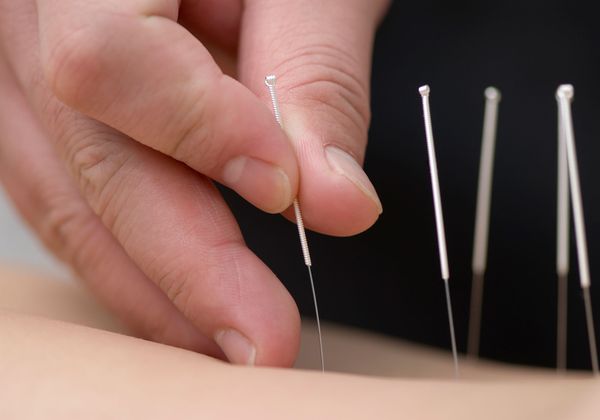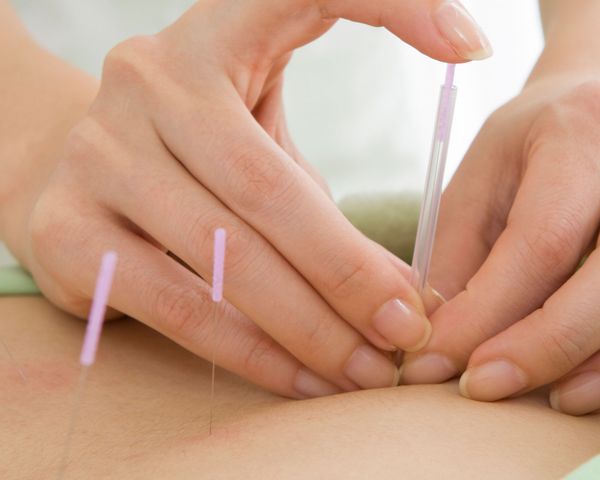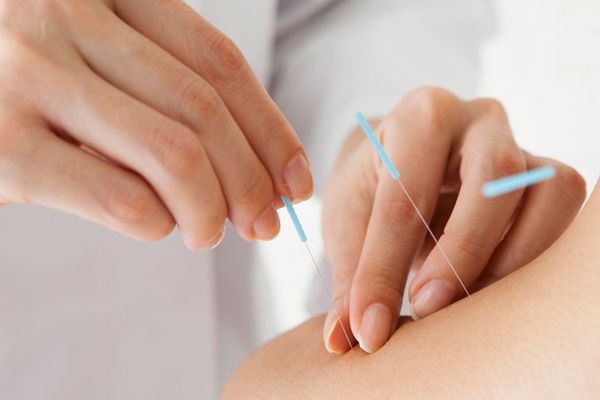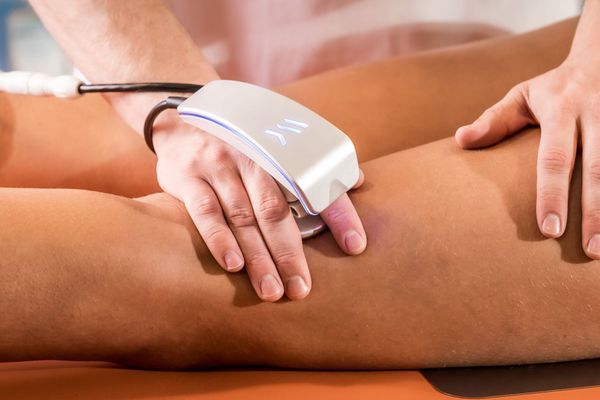What is Acupuncture?
Acupuncture is believed to work by stimulating specific points on the body, known as Acupuncture points or acupoints. This stimulation is thought to help regulate the flow of vital energy, called Qi, along pathways known as meridians.
By inserting thin needles into specific points, Acupuncture aims to restore balance and promote the body’s natural healing processes.
Additionally, Acupuncture may trigger the release of natural pain-relieving chemicals, such as endorphins, in the body. While the exact mechanisms are still being researched, many people find relief from various conditions through Acupuncture treatments.



What conditions can Acupuncture help with?
- Low back pain
- Osteoarthritis
- Shoulder pain (rotator cuff, frozen shoulder etc)
- Nerve pain
- Muscle strains
- Headaches and migraines
- Neck pain
- Tennis elbow
- Hip pain
And many more...
How does it work?
- Stimulates the nerves, muscles, and connective tissue to trigger the release of endorphins (natural pain killers)
- Balances the flow of energy (Qi) in the body, promoting correct function of organs and systems
- Releases certain biochemicals and increases blood flow to the affected area
- Stimulates release of neurotransmitters like serotonin and dopamine
What are the benefits?
- Reduces pain
- Regulates bodily functions
- Reduces inflammation
- Facilitates the healing process
- Improves general well-being
- Enhances relaxation
- Improves sleep quality
- Reduces muscle spasm and tension

Is it safe?
Acupuncture, administered exclusively by skilled and properly trained practitioners, is widely regarded as a remarkably safe treatment choice, with a minimal risk of adverse reactions.
All needles used in Acupuncture treatments are disposable, pre-sterilised, and individually packaged. Adverse effects, if any, are typically infrequent, mild, and short-lived.
Are there any risks?
Throughout the treatment process, Acupuncture needles are inserted at variable depths depending on the targeted area of the body. On occasion, this may lead to minor bleeding or bruising around the needle insertion site, yet these effects typically subside swiftly.
Occasionally, individuals may experience sensations of light-headedness, drowsiness, or faintness following Acupuncture sessions. To avoid these feelings, it is recommended that clients eat prior to treatment and get up from the treatment table gradually afterwards
Your physiotherapist will speak through any risks with you before starting your treatment. This will allow time for you to ask any questions also!
How many sessions will I need?
Initially, it is recommended that clients undergo 1-2 Acupuncture sessions per week for a duration of 2-4 weeks. Following this initial period, your physiotherapist will reassess your symptoms and overall condition to determine the number and frequency of treatments necessary to either maintain or enhance the benefits achieved.
What should I do in preparation for my appointment?
Ensure you have eaten something approximately two hours prior to your appointment and maintain hydration. Feel free to bring water with you to your session; however, it can also be provided if necessary. Comfortable attire is recommended, such as shorts or a T-shirt, depending on the area of the body being treated.






